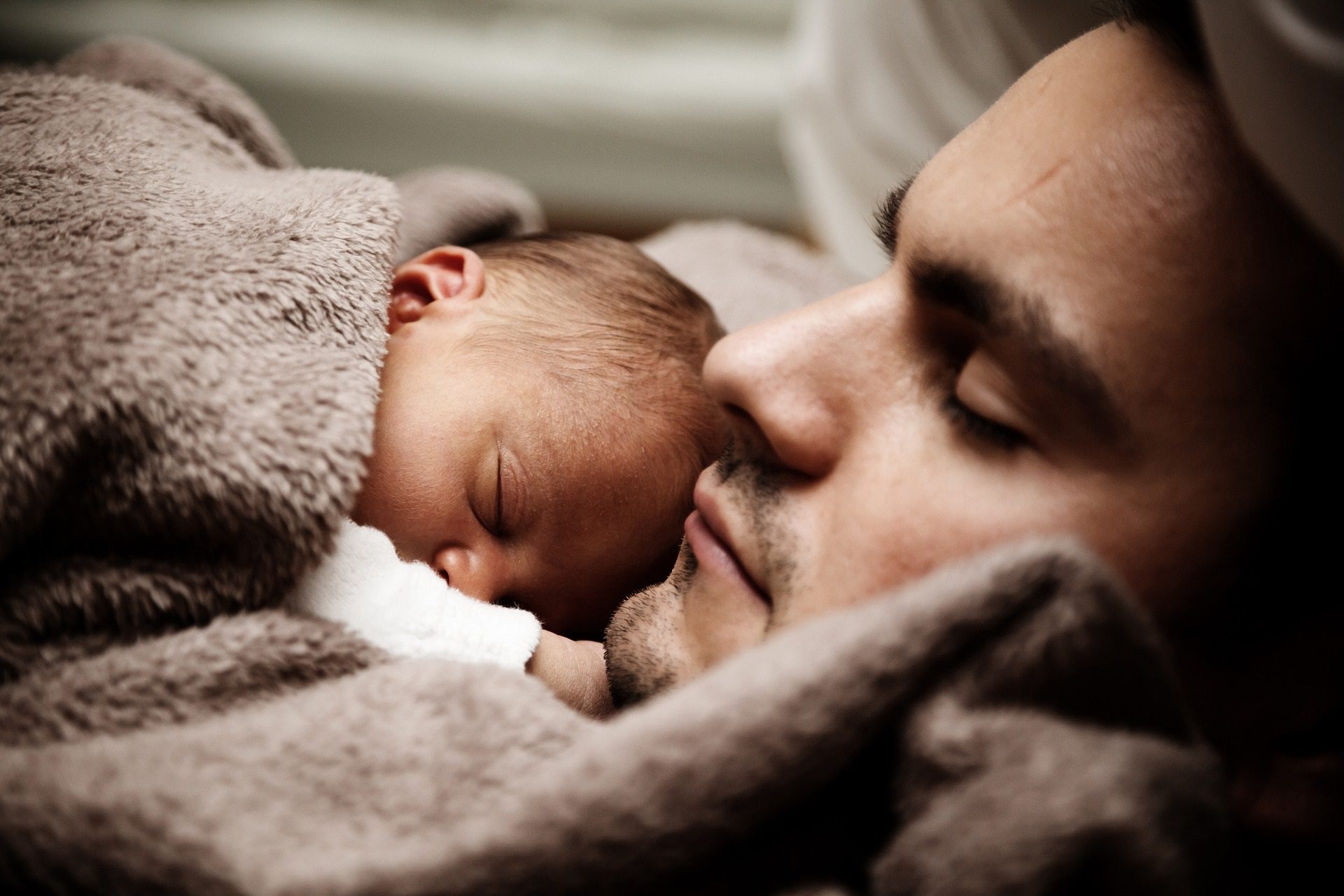Broken Sleep and Sleepless Nights
Do you suffer from broken sleep and sleepless nights? This is normal and you would be surprised how common this is! But we have some tips and tricks that will definitely help you improve your nights.
In this blog you will learn the Do’s and Don’ts for the best night sleep possible…
What are sleepless nights and why does this happen?
Lots of different factors can contribute to you not being able to get to sleep at night, but it is not always clear which factor is causing the issue. Some people struggle to sleep due to distractions, others struggle to get a good quality of sleep caused by anxiety and worry, and you wouldn’t be surprised to know that not all the factors contributing to a bad night sleep are psychological.
Your sleep is also heavily impacted by your surroundings and comfort levels, studies have shown many people suffer from the same disturbances when trying to sleep. How many of the following are factors in your sleepless nights?
- Being too hot/cold
- Needing the toilet
- Partners snoring
- Mobile phone
- Street Lights
- Aches and Pains
- Alcohol
- Sleeping in a different bed/ Uncomfortable Bed
- Being on your period
- Outside noises – Neighbours/Traffic
What is broken sleep and why does this happen?
Broken sleep is when you are aware you of waking up during the night.
The most common sleep cycles in adults are shockingly only 90-110 minutes long and these cycles are repeated throughout the night with broken sleep occurring during these cycles ending. These breaks are perfectly normal and often cause little to no impact when trying to get back to sleep. However, waking up mid sleep cycle can be very damaging to our sleep and is mainly caused by external disturbances.
You are more likely to be aware of waking up in the night if you are stressed or anxious. Age is also a big factor in broken sleep.
It has been proven that as we age the length and the impact broken sleep has is more detrimental to the brain then when we are younger. The length of time you are awake during the periods of broken sleep gets longer as our sleep cycles get shorter with age, it also proves harder to get back to sleep once waking up.
Children’s sleep is a lot deeper than adults which is why the broken sleep occurs more in adulthood then infants. Whilst adults aged 18-64 are recommended to get between 7-9 hours sleep, Teenagers are recommended to have between 8-10 hours and children aged 6-12 should be getting a massive 9-12 hour sleep each night.
How can I better my sleeping pattern?
Making small changes to your evening routine can make massive changes to your sleep, you just have to find the right change or changes for you!
Try our recommended Do’s and Don’ts and let us know which one helped improve the value of your sleep.
- DO add more physical activity to your morning/day time
- DON’T exercise at night
- DO address your stress and anxiety levels
- DON’T ignore worries and concerns, talk to someone
- DO ensure you regularly changes your bedding (pillows, mattress, sheets)
- DON’T drink caffeine in the evenings
- DO avoid alcohol consumption
- DON’T eat your evening meal too close to going to bed
- DO make sure you have a period of winding down before bed, calming music and relaxing TV or Books
- DON’T use your phone or bring your phone to bed, put it away!
Alongside our recommended Do’s and Don’ts why not add our new EARLY BIRD ENERGY CAPSULES to your evening routine to ensure that it is not a lack of vitamins and minerals affecting your value of sleep.

